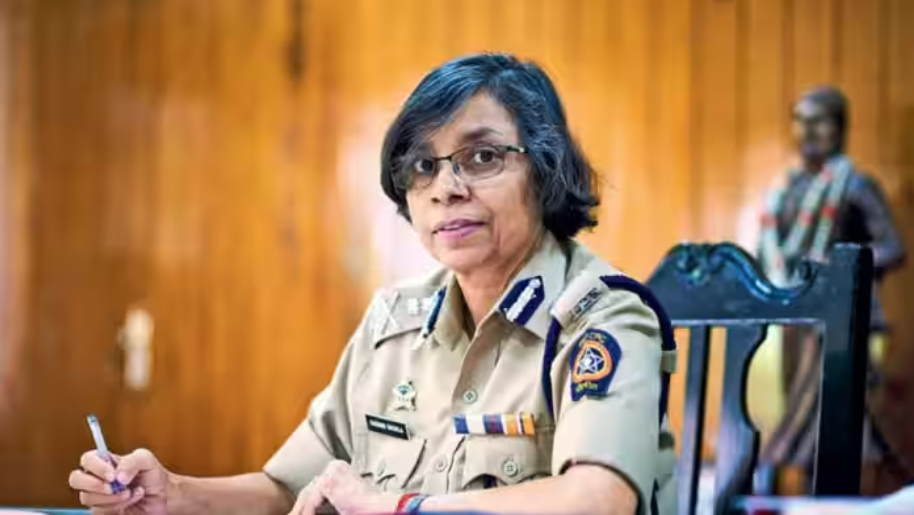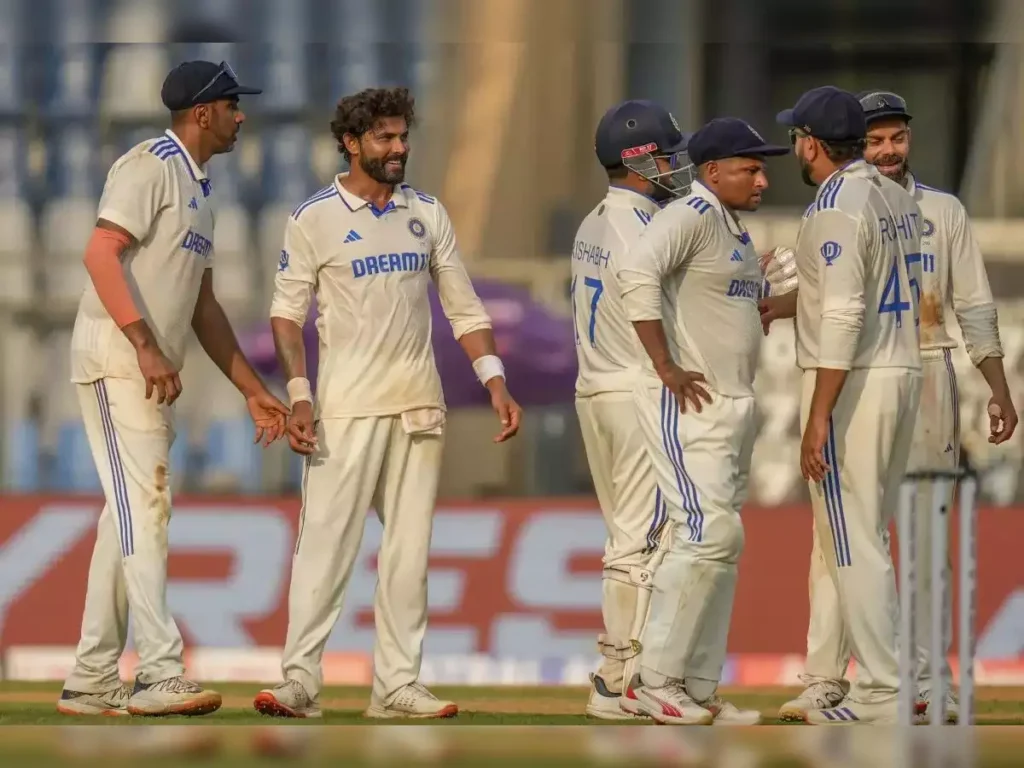
As Maharashtra gears up for the assembly elections scheduled for November 20, the political atmosphere has become increasingly charged. The recent directive by the Election Commission of India (ECI) to transfer Rashmi Shukla, Maharashtra’s Director General of Police (DGP), has intensified the debate around law enforcement’s role in the democratic process. This action was taken following allegations by opposition parties that Shukla’s role could compromise the impartiality of the electoral process.
Background of the allegations against Rashmi Shukla
A senior IPS officer, Rashmi Shukla, was involved in controversies in the past, mainly related to alleged surveillance activities. The former head of Maharashtra’s State Intelligence Department, Shukla was accused of having ordered the tapping of opposition leaders’ phones, said to be an act for the benefit of the ruling Bharatiya Janata Party (BJP). Although Shukla denied having any political intent, the controversy became the rallying point for opposition parties, who have since followed her moves closely.
Congress and Shiv Sena (UBT) leaders, who have included the state Congress chief Nana Patole and Shiv Sena MP Sanjay Raut, maintain that links between Shukla and BJP could impact police behavior and perhaps influence election results in favor of the BJP.
The opposition feared that his presence would treat their candidatures and workers unfairly, undermining the free and fair nature of elections.
Election Commission’s Decision and Rationale. Responding to the opposition’s complaints, the Election Commission conducted a preliminary inquiry into Shukla’s role and the overall situation. Following their review, the ECI issued an order for her transfer, noting the importance of maintaining a neutral and trustworthy law enforcement system, especially during election periods. Chief Election Commissioner Rajiv Kumar emphasized that the perception of impartiality within state institutions is essential to public confidence in the electoral process.
In its order, the ECI instructed Maharashtra’s Chief Secretary to temporarily assign Shukla’s responsibilities to the next senior-most IPS officer until a new DGP is appointed. Additionally, the ECI directed the state government to submit a panel of three potential candidates for the DGP role by November 5. This move underscores the ECI’s commitment to eliminating any perception of partisanship within the state’s law enforcement.
Implications of Maharashtra Political Climate
The transfer of Rashmi Shukla brings political dimensions to the fore because it has created a hue and cry from all corners of politics. For the opposition camp, Shukla’s removal is victory in preventing the perceived biased outcome to the election result. Senior leaders like Nana Patole have welcomed ECI decision publicly, as it forms an important move to hold a free election.
Sanjay Raut and other Shiv Sena leaders also welcomed the decision, saying it showed that the ECI was keen to address concerns over state machinery’s role in elections.
For the ruling BJP, however, the transfer tells a different story. While the party may have considered the ECI decision necessary so it avoids charges of undue influence, at one time, it had also criticized the opposition for baseless allegations meant to cast aspersions on the democratic process. BJP leaders argue that Shukla’s removal could set a precedent where complaints become a political tool rather than issues surrounding policy and governance. The role of the Election Commission in safeguarding democracy
This incident exemplifies the Election Commission’s role as a guardian of democratic integrity. As an independent body, the ECI is tasked with ensuring free and fair elections, which includes addressing any perceived or real threats to impartiality within state institutions.
Chief Election Commissioner Rajiv Kumar underlined that not only must the election officials be neutral in action but also neutrally seen. Swiftly and decisively intervening in the affairs of Maharashtra, ECI has sent out an unequivocal message that it would brook no actions or characters which could dent the credibility of the electoral process at large.
In transferring Shukla, the ECI has reinforced its authority and commitment to maintaining the sanctity of the electoral process, particularly in states where political competition is intense. Observers and political analysts view this as a precedent-setting move, emphasizing that the ECI will act against any officer whose presence could undermine the election’s credibility, regardless of their position or influence. Future Moves and the Appointed New DGP
The Maharashtra government is now to pick a new DGP from the three names submitted to the ECI following Shukla’s transfer. This appointment will be critical, as the new DGP will oversee the law and order situation during the election period.
The new officer would need to establish neutrality and trust from the public as well as political stakeholders, which would help voters know that the police force is not biased. Politicians watch such changes closely as both the opposition and the ruling party tend to measure whether the new DGP has learned the lessons to hold elections well. So, indeed, the new officer in all likelihood will be under excessive scrutiny, under immense pressure to maintain even-handed neutrality and deliver law enforcement to every political group equally.
This move by the Election Commission of India to shift Rashmi Shukla from the position of Maharashtra DGP underscores the essence of neutrality and transparency in democratic processes. Acting on complaints raised by opposition parties, ECI has reaffirmed its commitment to protecting the fairness of elections. It serves as a reminder that during election seasons, the shadow of perceived biases cast on democratic legitimacy is imperative within law enforcement. As Maharashtra approaches a pivotal election, the role of the new DGP will be essential in maintaining a secure and unbiased environment for voters. The ECI’s intervention sends a strong message to law enforcement agencies across the country: that the sanctity of the electoral process is paramount, and any potential threats to it will be addressed swiftly and decisively. This could, therefore, be deemed an action that protects the integrity of the election for Maharashtra’s voters by successfully counting every vote in the name of democracy.





